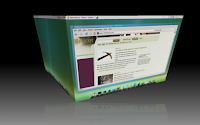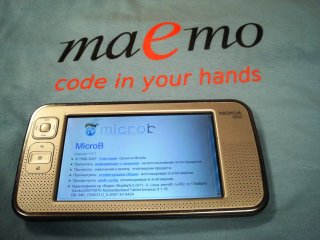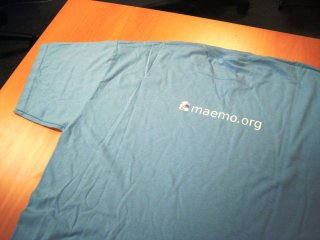In the New York Times this morning, a longish article about e-books begins with discussion of the Sony Reader, a proprietary, monocolor, non-WiFi, non-programmable e-book reader that nowsells for $299.
Or you can read e-books on your Nokia Internet Tablet using the open-source FBReader. Price: $359.
David Pogue, the Times’ star technology columnist, writes about internet radio devices, single-function handhelds enabling you to listen to music over the internet without being tethered to a desktop or lugging around a huge laptop. Prices: Revo Pico $350, Terratec Noxon $330, Roku SoundBridge Internet Radio $300, and so on.
Or you could listen to the same stations on your NIT. While reading an e-book in FBReader.
The devilishly well-executed iPod seems to have misled everyone into regarding single-function devices as viable — single-function e-readers, single-function internet radios. But when you see how poorly every single-function music carryaround fares compared to the iPod, you realize that execution — usability, design, stylishness — carried Apple over the single-function barrier and not that no such barrier exists.
Then there’s the opposite phenomenon: the companies that treat you like all you want is a phone or PDA and everything operates from there.
Different misconception: that we love every single thing we do being monetized by greedy mega-companies.
In Pogue’s column about internet radio, he points out that it’s so hard to tolerate commercial radio because of all the commercials. “These days, it seems as though AM radio has 52 minutes of ads an hour,” he writes.
So one of the lures of the single-function internet radio device is simply to restore the balance of pleasure against monetization of music. The New York Times is preparing to abandon its Times Select pay service because it has discovered (finally!) that we readers can find just as entertaining writers are all over the web without charge.
If there’s a course to be charted between the Scylla of single-function and the Charybdis of one-device-for-everything, Nokia seems to be following it: The internet tablets do several related things really well, with the form of its devices (no hard disk, super-high-res screen that’s 800 pixels wide, under 8 ounces) rigorously matching the real needs while keeping every possible subsidiary use available (e-books, chess, even spreadsheets and word processing for goodness’ sake) without charging for it.
![]()






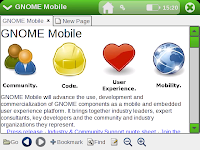

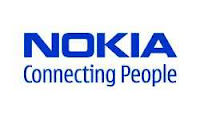









 It’s pretty slick! The interface is clean and intuitive. Everything works very quickly. There aren’t any weird browser bugs. Creating new events is simple. Displaying different views of the calendar was engineered in such a way that feels completely natural.
It’s pretty slick! The interface is clean and intuitive. Everything works very quickly. There aren’t any weird browser bugs. Creating new events is simple. Displaying different views of the calendar was engineered in such a way that feels completely natural.











